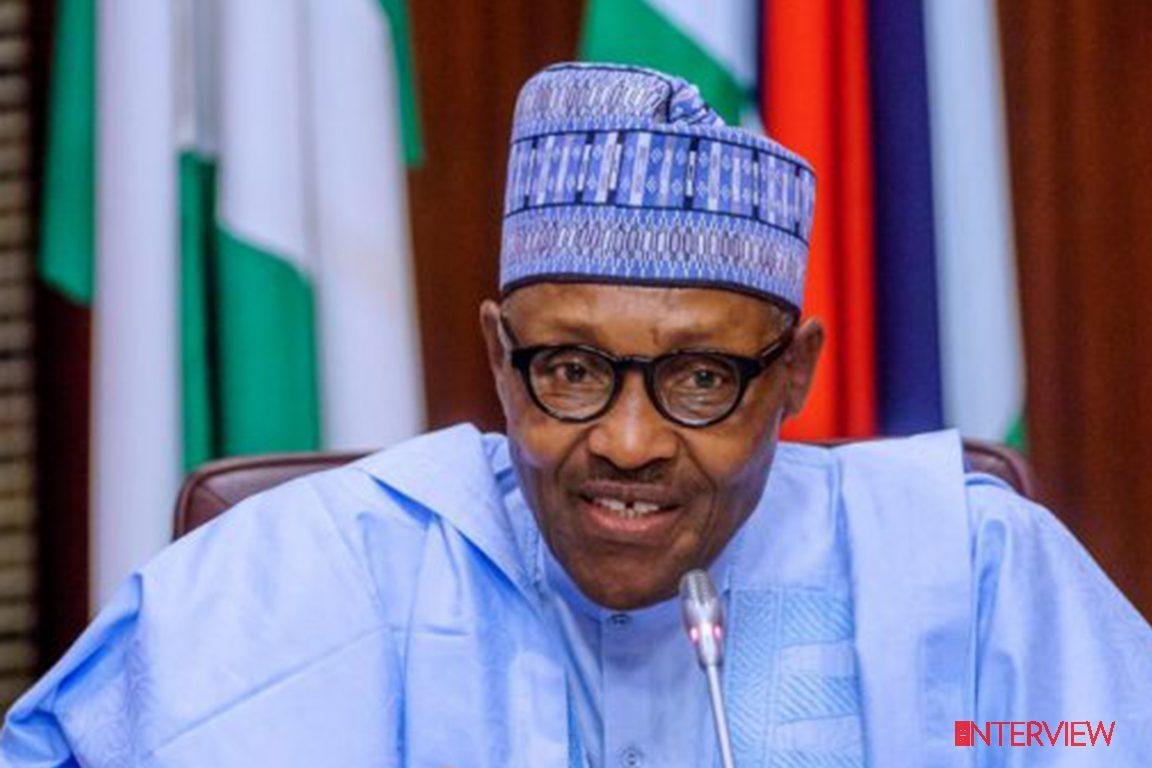President Muhammadu Buhari on Tuesday said that Nigeria would keep any agreement it reaches with its neighbours on the reopening of the country’s closed land borders.
A tripartite committee comprising Nigeria, Benin and Niger is currently working on how to resolve the issues that led to the partial closure of the borders by Nigeria.
The President who spoke in Abuja when he received the outgoing President of the ECOWAS Bank for Investment and Development, Mr. Bashir Mamman-Ifo, and his successor, Dr. George Nana Donkor, at the Presidential Villa, promised that when the report of the committee was ready and agreed on by all the parties, Nigeria would implement it.
Buhari told his visitors that Nigeria had made gains from the border closure, justifying the decision to take the action.
He stated, “We have saved millions of dollars. We have realised that we don’t have to import rice. We have achieved food security.
‘‘We have curtailed the importation of drugs and proliferation of small arms which threaten our country.”
He commended the ECOWAS bank president for the improvements recorded in his eight-year tenure and urged his successor to build on those achievements.
According to a statement by Mr. Garba Shehu, the president’s Senior Special Assistant on Media, Mamman-Ifo informed the President that the bank had been transformed from loss-making to profit-making.
He added that commitments from ECOWAS member-states doubled $1.4bn.
Also speaking during the meeting, Dr. Donkor thanked President Buhari and Nigerians for their support in his emergence, noting, ‘‘Without Nigeria, I could not have emerged.”
He gave credit to Buhari’s economic strategies captured under the Economic Recovery and Growth Plan, saying that it has brought about economic recovery, stability and food security in the country.
The Minister of Information and Culture, Mr. Lai Mohammed, while giving an update on the gains of the closure, had said that as of November, 2019, it curbed the number of arms entering the country illegally, while revenue from imports grew by 15 per cent.
He said this was against the expectation that the revenue would drop.
He added that the local consumption of fuel dropped by 30 per cent as well.
Mohammed stated, “The border drill has curbed the smuggling of rice and other prohibited items into the country, led to significant seizures with an estimated monetary value of over N3.5bn, reduced local fuel consumption by 30 per cent and reduced the importation of arms, munitions, and drugs.”
He listed seized goods to include 38,743 of 50kg bags of parboiled foreign rice; 514 vehicles; 1,012 drums filled with petrol; 5,400 Jerrycans of vegetable oil; 346 motorcycles; 10,553 Jerrycans of petrol; and 136 bags of fertiliser.
Aside from the arrest of 296 illegal immigrants, the minister spoke on drugs seized, saying, “It is important to note that 95 per cent of illicit drugs and weapons that are being used for acts of terrorism and kidnapping in Nigeria today come in through our porous borders.
“However, since this partial closure, these acts have been drastically reduced.
“Our conclusion is that the arms and ammunition these terrorists and criminal elements were using no longer gain access into the country.
“In addition, the importation of the drugs which affect the well-being of Nigerians have equally been reduced.”




